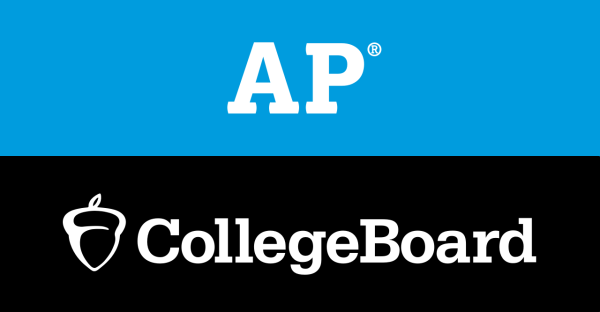Opinion – CollegeBoard: With Students’ Best Interests in Mind?
CollegeBoard advertises itself as a non-profit for the benefit of students, but are many of its seemingly profit-oriented programs really helping scholars?
As the amount of high school students applying for college rises, so does the competition. In recent years, we have seen a 21.3 percent increase in submitted applications between the 2019-2020 and 2021-2022 school years per U.S. News & World Report. What does this mean for prospective students trying to get into a competitive college? Bolder applications, more substantial essays, and more time spent investing in their future.
As competition grows, so does the need for students to do more and stand out amongst their peers. A quick way for students to do this is to take the SAT. The SAT is a standardized test widely used by colleges and university admissions officers to differentiate applicants. A higher score is undoubtedly positively correlated with admission. As a result? SAT camps, SAT prep courses, and SAT tutors all have become popular ways for students to bolster their scores. What originally was a projective test has become a test that can be studied for.
The organization behind this exam? CollegeBoard.
Another way for students to differentiate themselves from their peers is by taking “college-level” courses that “prepare” students for the workload in college. While there may be merit in this approach, the bigger reason for taking these classes is that if you don’t, you have no chance in the pool of applicants heading off top-tier colleges and universities. Here at North Penn, a plethora of AP courses are offered, with topics ranging from AP World History to AP Physics Mechanics to AP Spanish, etc. These courses also have a positive correlation to admission. A consequence? Students take as many AP courses as available and suddenly, it becomes quantity over quality.
The organization behind these courses? CollegeBoard.
CollegeBoard, per year, brings in around 1.1 billion dollars. A supposed “non-profit” organization that is “for students,” yet has a CEO and president who both earn six-figure salaries on the higher end of the spectrum. Do colleges rely too much on this organization? The answer is yes. Universities and colleges are unable to separate themselves from CollegeBoard because of its long-standing integration and tradition. SAT is used heavily to determine merit, and AP Courses are a must to be considered at a top school. In a sense, the College Board holds a monopoly on college admissions and may rival the ACT organization only in terms of the standardized test. Let us ask ourselves the question, do we want to put our future in the hands of an organization that values profit over the actual education of students?












